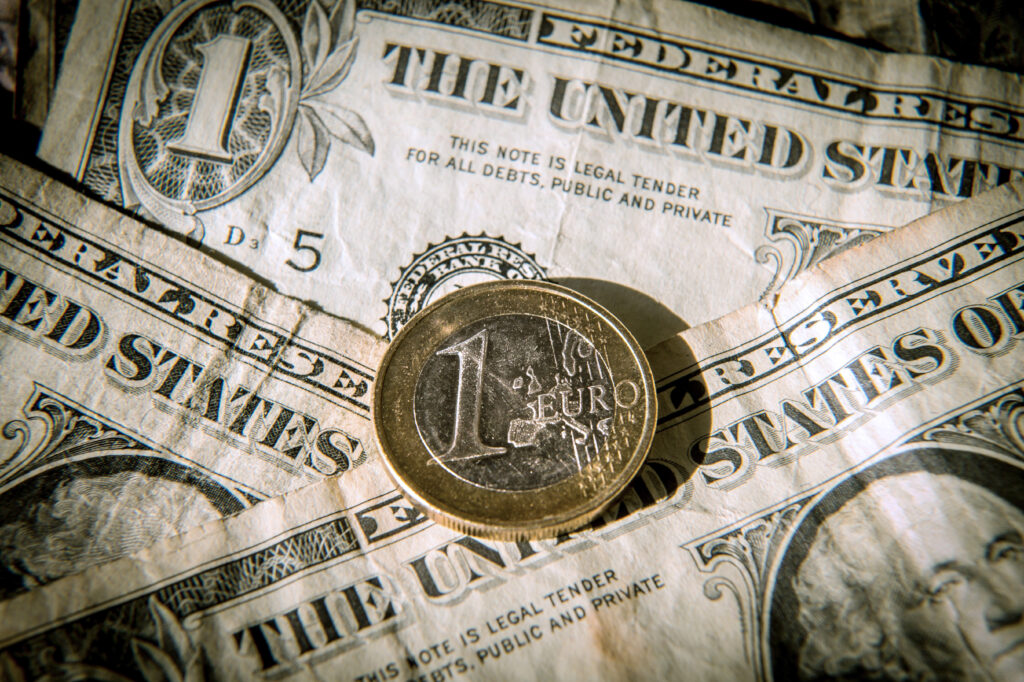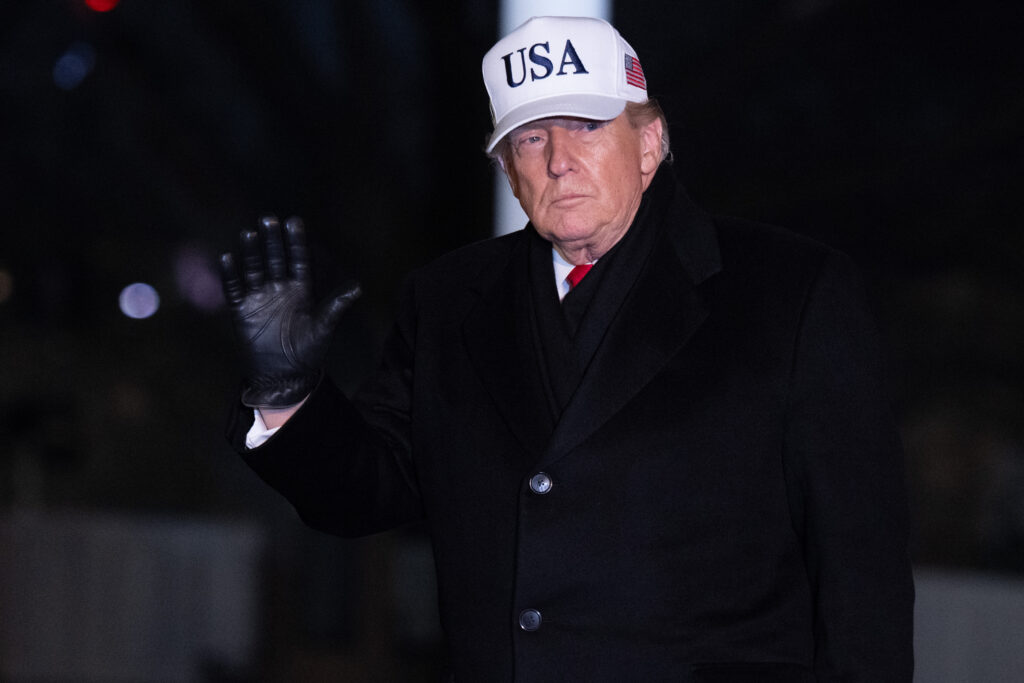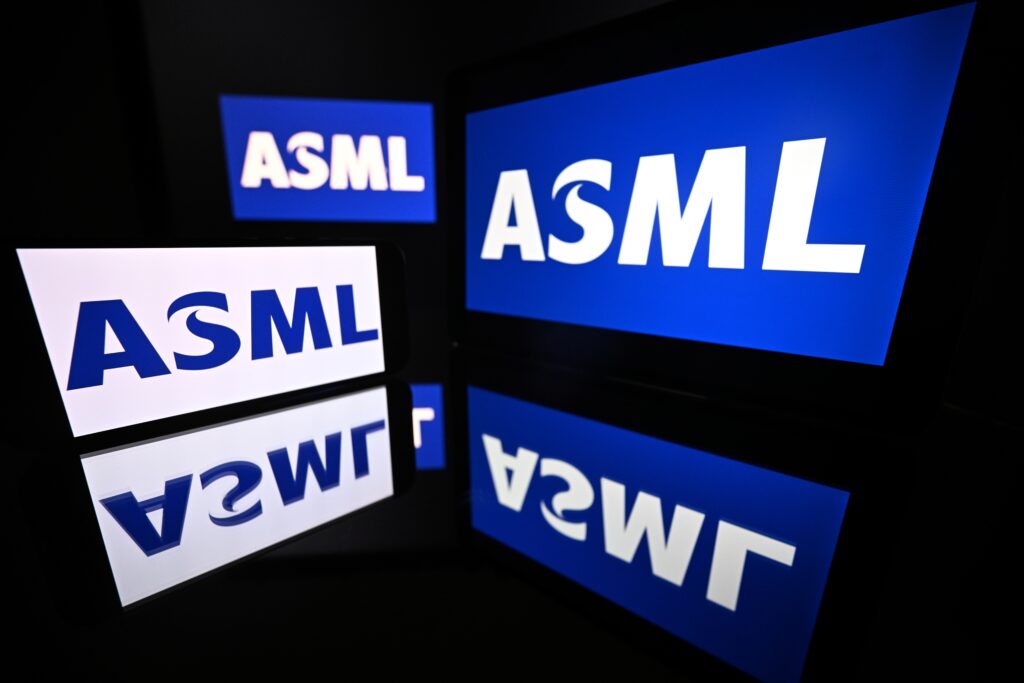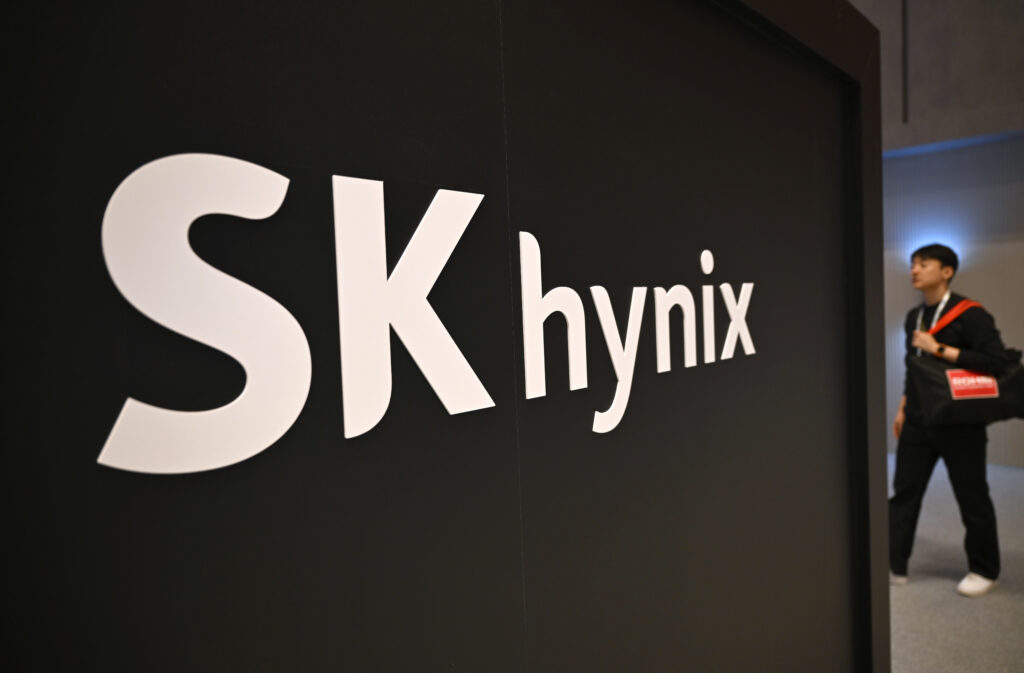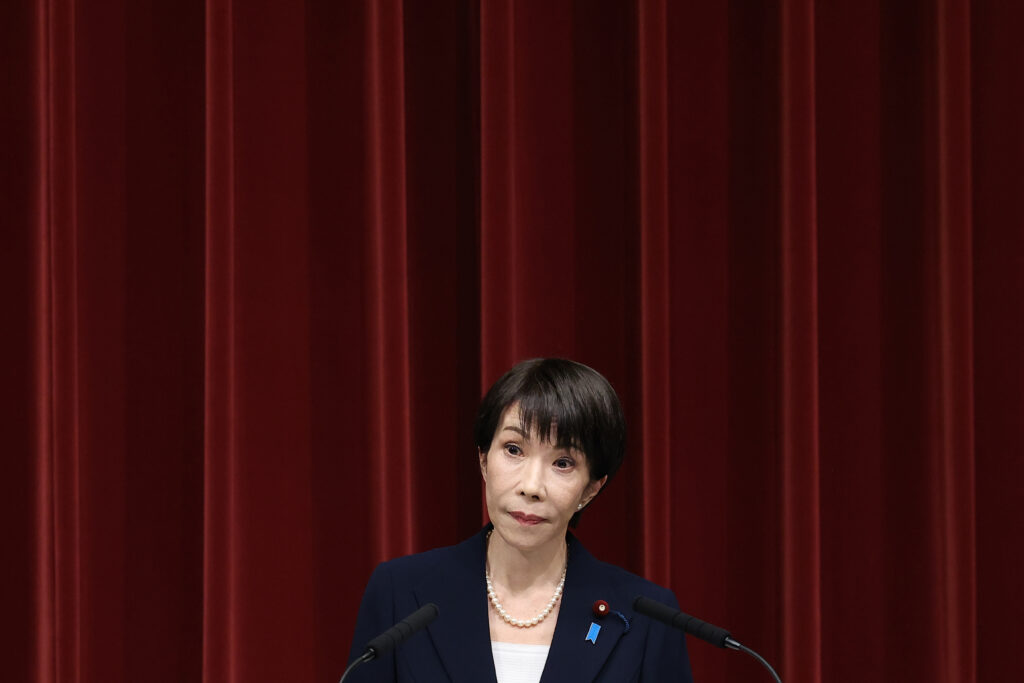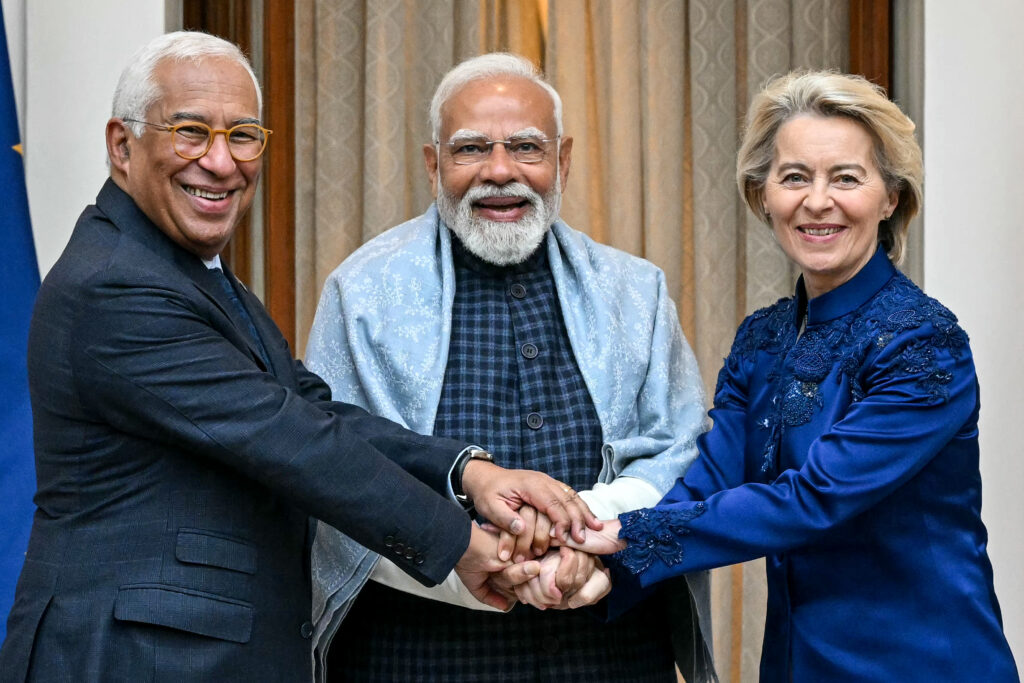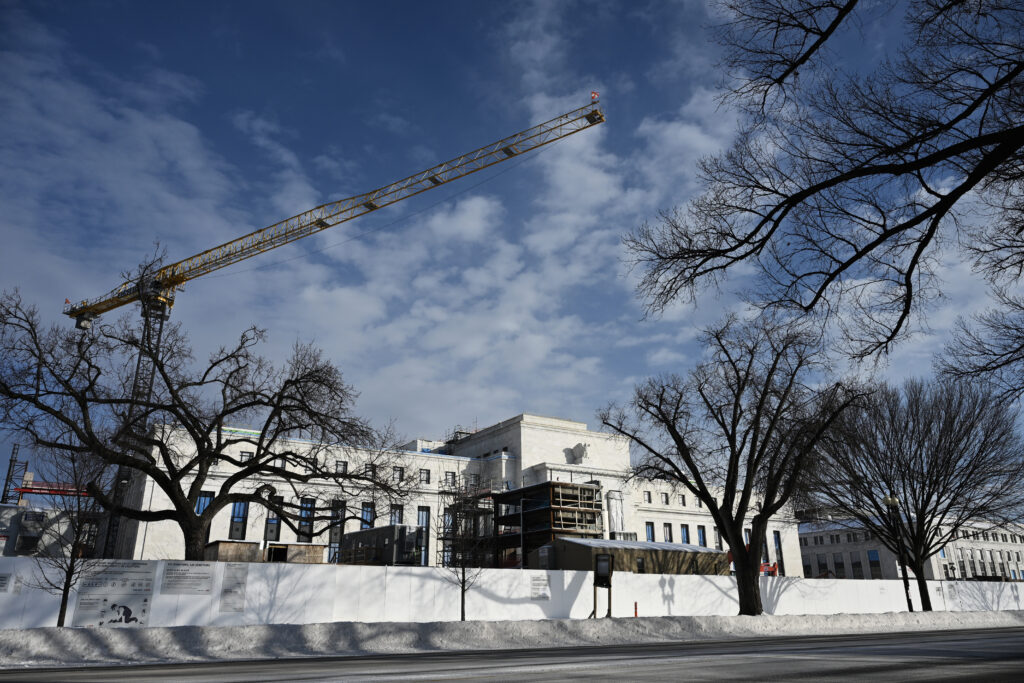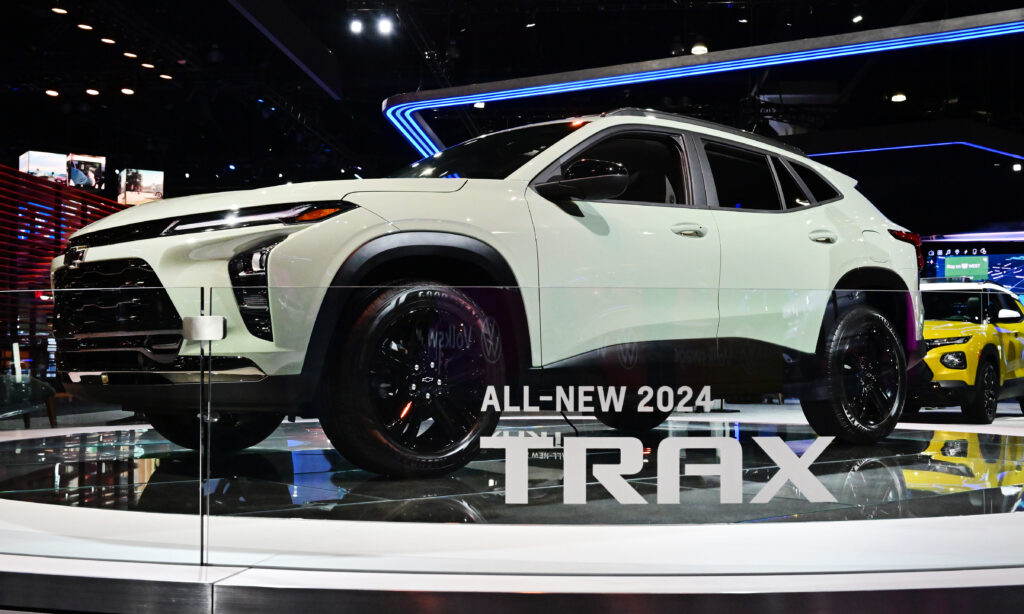Dollar halts descent, gold keeps climbing before Fed update
The dollar enjoyed a respite Wednesday after this week’s steep drop as traders awaited the US Federal Reserve’s take on interest rates, while gold reached another record high thanks to investors seeking safety amid an uncertain economic outlook.European stock markets came under pressure as the relative strength in the euro and sterling against the dollar weighed on the earnings potential of the continent’s multinationals. “A strong currency is unhelpful as it raises the cost of sales and buyers look elsewhere,” said David Morrison, senior market analyst at FCA.But a rise in US equity markets helped lift European stocks off their worst levels.The dollar had seen a sharp sell-off Tuesday after US President Donald Trump’s suggestion that he was happy with the currency’s recent decline, which saw it fall to a four-year low against the euro.The greenback’s retreat followed reports that the New York Federal Reserve had checked in with traders about the yen’s exchange rate, fuelling talk of joint US and Japanese intervention to prop up the yen. – ‘Dollar’s doing great’ -That led to speculation the White House was prepared to let the dollar weaken, and Trump did little to dismiss that when asked Tuesday if he was worried about the decline.Win Thin, at Bank of Nassau 1982 Ltd, said: “Foreign exchange typically is the leader in terms of showing market discomfort with a country’s policies and economic outlook.”But a weak dollar could be a boon for US equities.”The S&P 500 briefly cleared 7,000 for the first time, emboldened by hopes that a weakening dollar and interest rates will produce a potent cocktail to supercharge earnings in the months to come,” said market analyst Chris Beauchamp at trading platform IG.The price of gold also struck a new peak as the dollar’s low level supported demand for the save-haven investment.But investors generally took a cautious approach ahead of the Fed’s latest policy meeting, hoping for guidance on its plans for interest rates amid uncertainty over Trump’s latest tariff threats.The US central bank is widely expected to keep rates on hold for the coming months. But a durably weaker dollar could fan inflation in the world’s largest economy, lessening the chances of lower rates even later this year. US consumer confidence has plunged to its lowest level since 2014, a survey showed, as households fret about sticky inflation.Retail giant Amazon’s announcement that it is cutting 16,000 jobs added to the sense that — outside the seemingly bullet-proof tech sector — all is not well in the US economy.The company’s shares were down 1.0 percent in early afternoon trading.- ‘AI boom in full swing’ -In Europe, the CAC 40 in Paris was dragged down by renewed concerns for the luxury sector after market heavyweight LVMH posted a 13 percent slide in annual profit.LVMH shares tumbled nearly seven percent in response, while British fashion label Burberry, traded in London, fell 4.7 percent.Shares in Dutch tech giant ASML, the global leader in the machines that make semiconductors, jumped after the company announced a strong rise in annual profits and a buoyant outlook, while also saying it would cut hundreds of management jobs.”ASML’s latest results suggest the AI boom is still in full swing, with strong orders and a bullish outlook,” said Russ Mould, investment director at traders AJ Bell. “However, job cuts in the business would suggest it is not getting carried away with the strength of current trading.”The company’s shares finished the day down around 1.5 percent.- Key figures at around 1630 GMT -New York – Dow: UP 0.1 percent at 49,067.27 pointsNew York – S&P 500: UP less than 0.1 percent at 6,982.76 New York – NASDAQ Composite: UP 0.1 percent at 23,846.30London – FTSE 100: DOWN 0.5 percent at 10,154.43 (close)Paris – CAC 40: DOWN 1.1 percent at 8,066.68 (close)Frankfurt – DAX: DOWN 0.3 percent at 24,822.79 (close)Tokyo – Nikkei 225: UP 0.1 percent at 53,358.71 (close)Hong Kong – Hang Seng Index: UP 2.6 percent at 27,826.91 (close)Shanghai – Composite: UP 0.3 percent at 4,151.24 (close)Euro/dollar: DOWN at $1.1932 from $1.2035Pound/dollar: DOWN at $1.3774 from $1.3833Dollar/yen: UP at 153.71 yen from 152.32 yen on TuesdayEuro/pound: DOWN at 86.61 pence from 86.98 penceBrent North Sea Crude: UP 0.7 percent at $67.07 per barrelWest Texas Intermediate: UP 0.9 percent at $62.97 per barrelburs/rl/js
